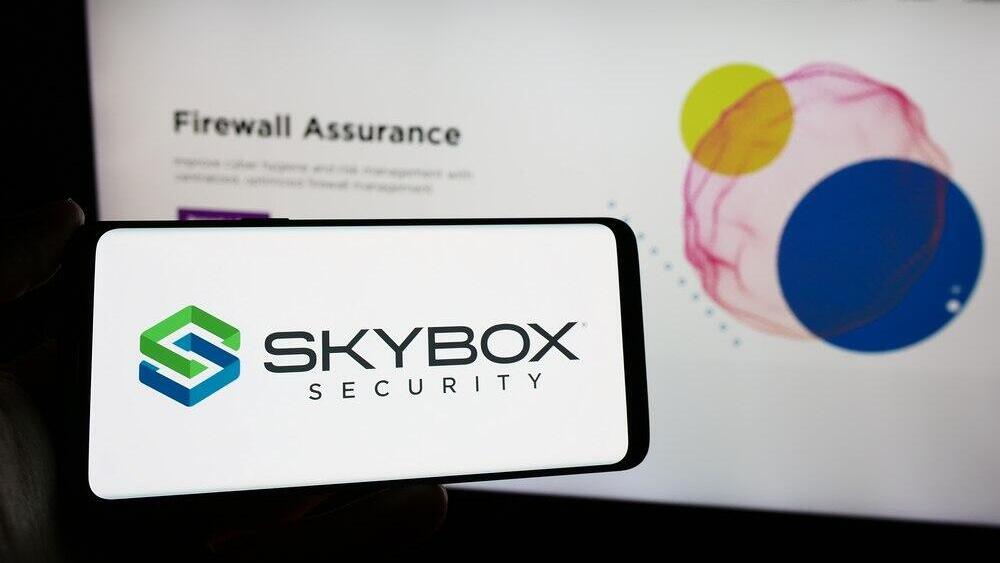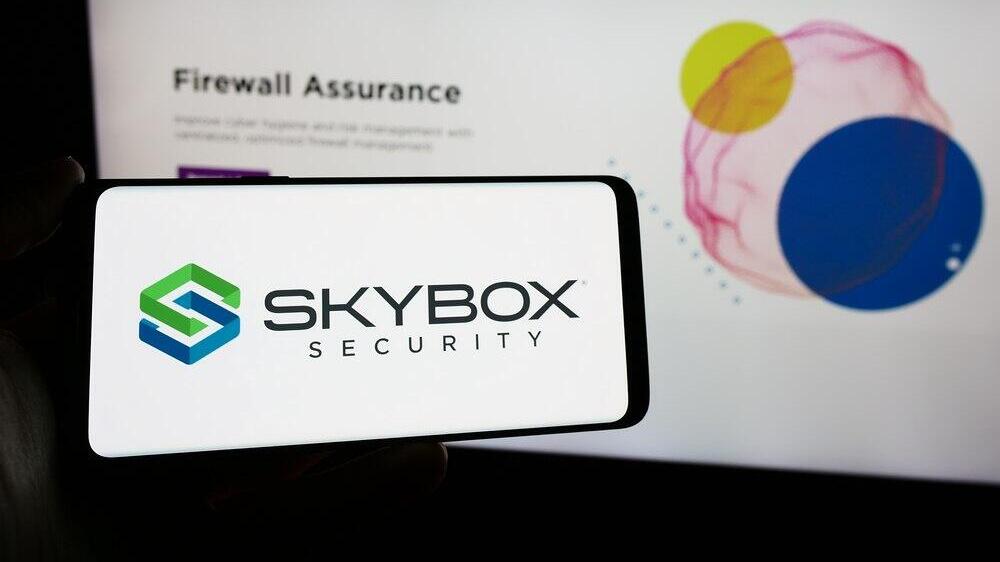
Skybox Security’s dramatic shutdown stuns employees and industry
The sudden closure leaves employees scrambling to recover lost wages and severance.
Israel is no longer just a startup nation—it is more than anything else a cybersecurity powerhouse. While the successes of this industry are frequently highlighted, it also has its share of failures. The collapse of Skybox Security serves as a stark reminder that even legends have their downfalls. Once a high-flying company that raised massive amounts of capital, Skybox has now shut down operations entirely.
Last night, the company informed its hundreds of employees that it was closing immediately, selling most of its operations to Israeli cybersecurity firm Tofin, and effectively ceasing to exist.
Skybox Security was founded in 2002 and was considered one of Israel’s most established cybersecurity firms. The company was founded by Gidi Cohen, who served as CEO from its inception until about two years ago, when he was replaced by Mordecai Rosen—the executive who ultimately shut the company down. Additional co-founders included Moshe Meiseles and Eran Reshef.
Skybox developed cybersecurity management software that used analytical technologies to prioritize network risks and provide actionable recommendations. Its technology was designed for complex environments, including physical, virtual, cloud, and operational technology (OT) networks.
Despite undergoing multiple technological transformations, some of Skybox’s earliest products remained in use until its closure. The company initially marketed two main solutions: a system for analyzing corporate firewalls and a tool for testing an organization’s entire network security. Over the years, it attempted to expand its product offerings, but sources close to the company told Calcalist that its transition to SaaS (software as a service) and new product developments failed to gain traction. For years, the company relied heavily on its existing customer base, which gradually declined over time.
The company’s downfall accelerated in 2017 when it began raising significant amounts of capital. That year, Skybox secured $150 million in a massive funding round led by CVC Capital Partners, which invested $100 million, with an additional $50 million coming from London-headquartered Pantheon Ventures. That round took the company's total funding to $288 million. In early 2016, the American investment fund Providence acquired 75% of Skybox for $96 million, valuing the company at $120 million. However, despite these large investments, Skybox struggled to generate new business, and its growth stagnated.
In recent months, the situation at Skybox was marked by confusion and uncertainty, particularly among its employees in Israel. While most of the company’s management was based in the U.S., employees in Israel were left in the dark about the company’s future. In the past few weeks, many employees realized the company was on the brink of collapse. Some even took their work computers and other equipment home, fearing that their salaries and severance pay would not be paid in full.
On February 24, Skybox employees were called into a meeting with CEO Mordecai Rosen, who informed them that the company was shutting down and that all employees were being laid off. Shortly afterward, an email was sent to employees confirming the company’s closure.
In a document sent to its employees, the company wrote that it is entering the final phase of its existence and is shutting down. "Liquidation is the final step in closing a company. It involves ceasing operations, selling assets, and using the proceeds to pay creditors, including employees."
The company also clarified that Israeli employees would receive their severance and other benefits through Israel’s National Insurance, while U.S. employees would be paid directly by the company. This disparity has sparked outrage among laid-off Israeli employees, who are now organizing through lawyers to file a lawsuit.
Related articles:
At the same time, Skybox announced the sale of its technology and business activities to Israeli cybersecurity firm Tofin. In a statement on its website, Tofin addressed the situation: "On February 24, 2025, Skybox made the difficult decision to close its operations effective immediately. For those impacted by this event, we understand this is an uncertain time, and we want to assure you that Tufin is here to help plot your path forward. As the leader in Network Security Policy Management, we are committed to providing a smooth transition for Skybox customers, ensuring you have the tools, expertise, and guidance to continue securing your networks without disruption. Tufin is the most financially stable company in our industry—we are profitable, growing, and well-positioned for the future. We know that Skybox customers have been impacted by their sudden closure, and we want to reassure you that Tufin is here for the long run."
Skybox Security’s dramatic collapse serves as a cautionary tale for Israel’s cybersecurity industry. Despite early success, heavy investment, and a two-decade-long presence in the market, mismanagement and failed strategic shifts ultimately led to its downfall.
